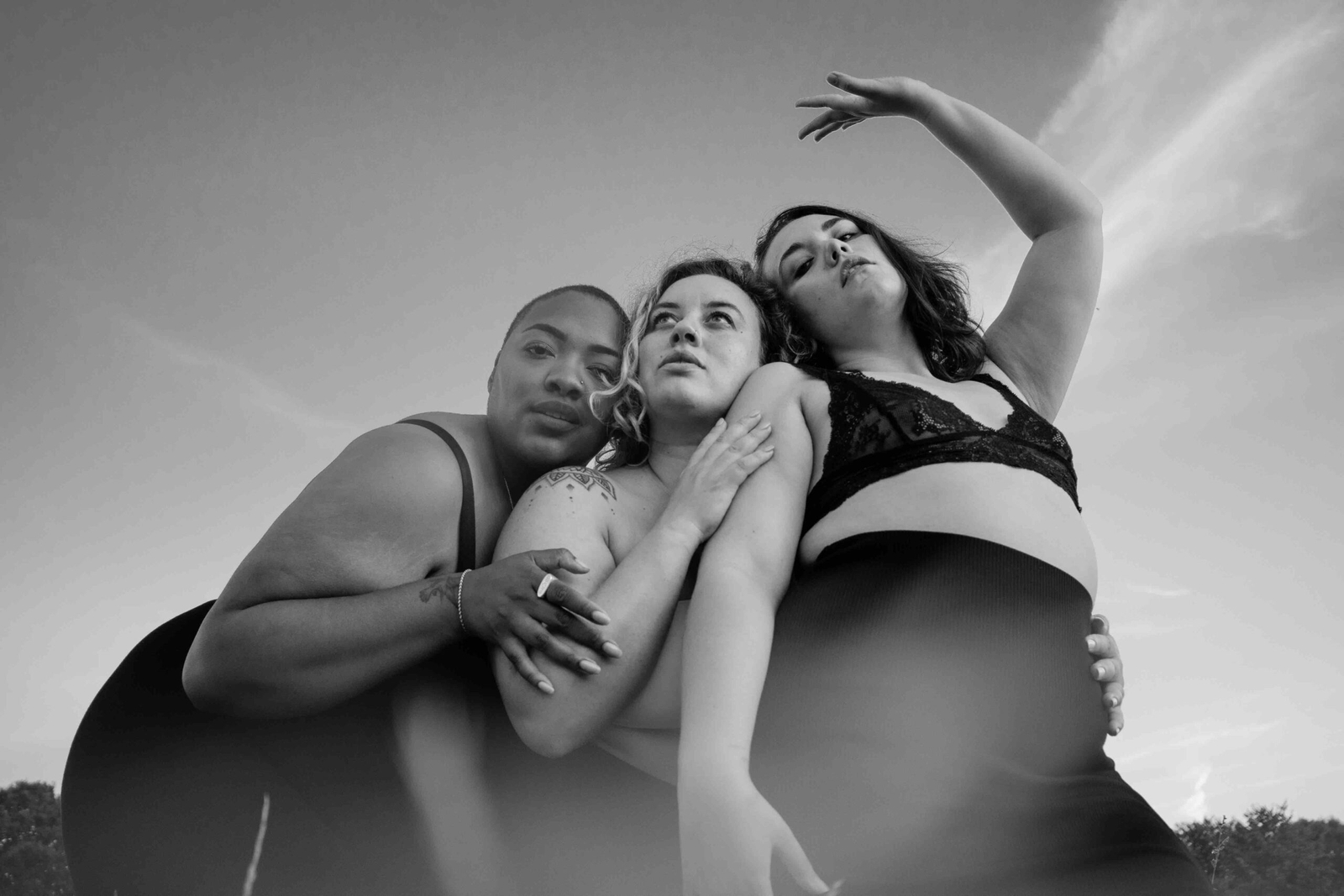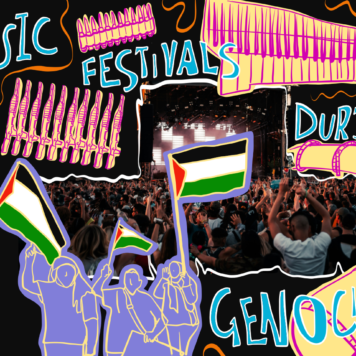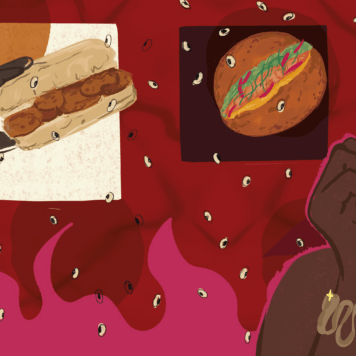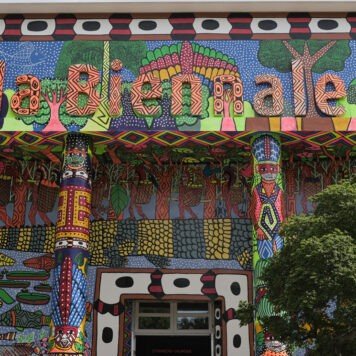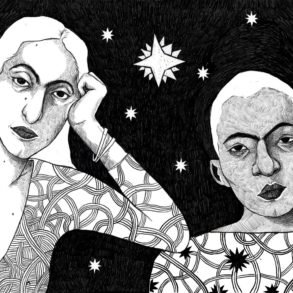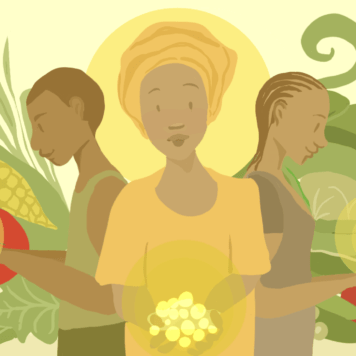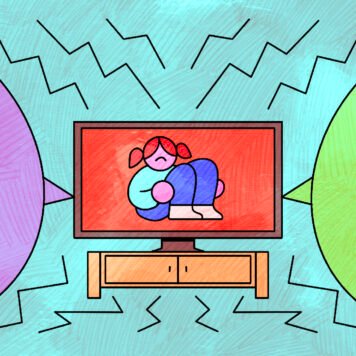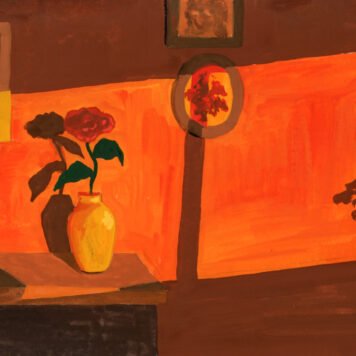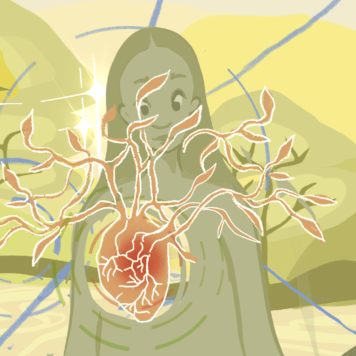Stephanie Teng is a Hong Kong based photographer and artist, whose work we first came across through the wonderful womxn at Anti Diet Riot Club.
This mini-series challenges the norm by filling the frame with powerful female figures of diverse shapes and sexual identities. By shooting from a fixed wide angle lens, the compositions attempt to subvert the standards society imposes on us and amplifies our radical attempt to redefine today’s notion of beauty and strength – for womxn, by womxn. We sat down with Stephanie to find out more about the project; how she navigates her self-worth; and the role photography plays in self-expression.
What led you to start your “Politics of Space”’ project?
I’ve always been made to feel hyper aware of the space I took up ever since I was a child. From intrusive stares on the subway to family and friends who always seemed to care more about how I looked doing something rather than what I did – it seemed as though none of my achievements were enough to reflect my worth. Having spent some time in the US during my university years, it helped me untangle some of those negative associations by bridging the personal with the political. I realised that how I chose to carry my body through the world was a direct reflection of the values I uphold and by extension, the rights I advocate for. But this notion was challenged once again after I moved back to Hong Kong and started working in the commercial photography world where I felt pressured to conform to the industry’s insatiable demand for thinness and narrow ideals of beauty.
A year ago I suffered a serious injury that left me immobile for a few months and more unfit than I had ever been before. I felt physically and emotionally imprisoned by my own body so I left home again in search for a way out of the lowest point in my life. During a summer course with Magnum Photos and LCC in London, I started exploring photography as a form of therapy. It began as a desperate desire to better understand the tumultuous relationship I had with my own body, especially post injury. By seeking out other womxn who have had similar experiences, I was able to empower others and myself in a process of collective healing.
On a trip this past July, I came across a mural of the Lady of Justice painted from an extreme low angle on the ceiling of the Stock Exchange building (Palacia da Bolsa) in Porto. I was struck by how powerful she looked as she sat on her throne, with the crowds gazing up at her in admiration. In that moment of revelation, it felt as though all the roads I’ve gone down in my own journey with my body seemed to converge into the conception of “The Politics of Space”. At the time I also happened to be traveling with a camera that only had a fixed wide angle lens – which inspired the aesthetic of “extending the body beyond the frame”.
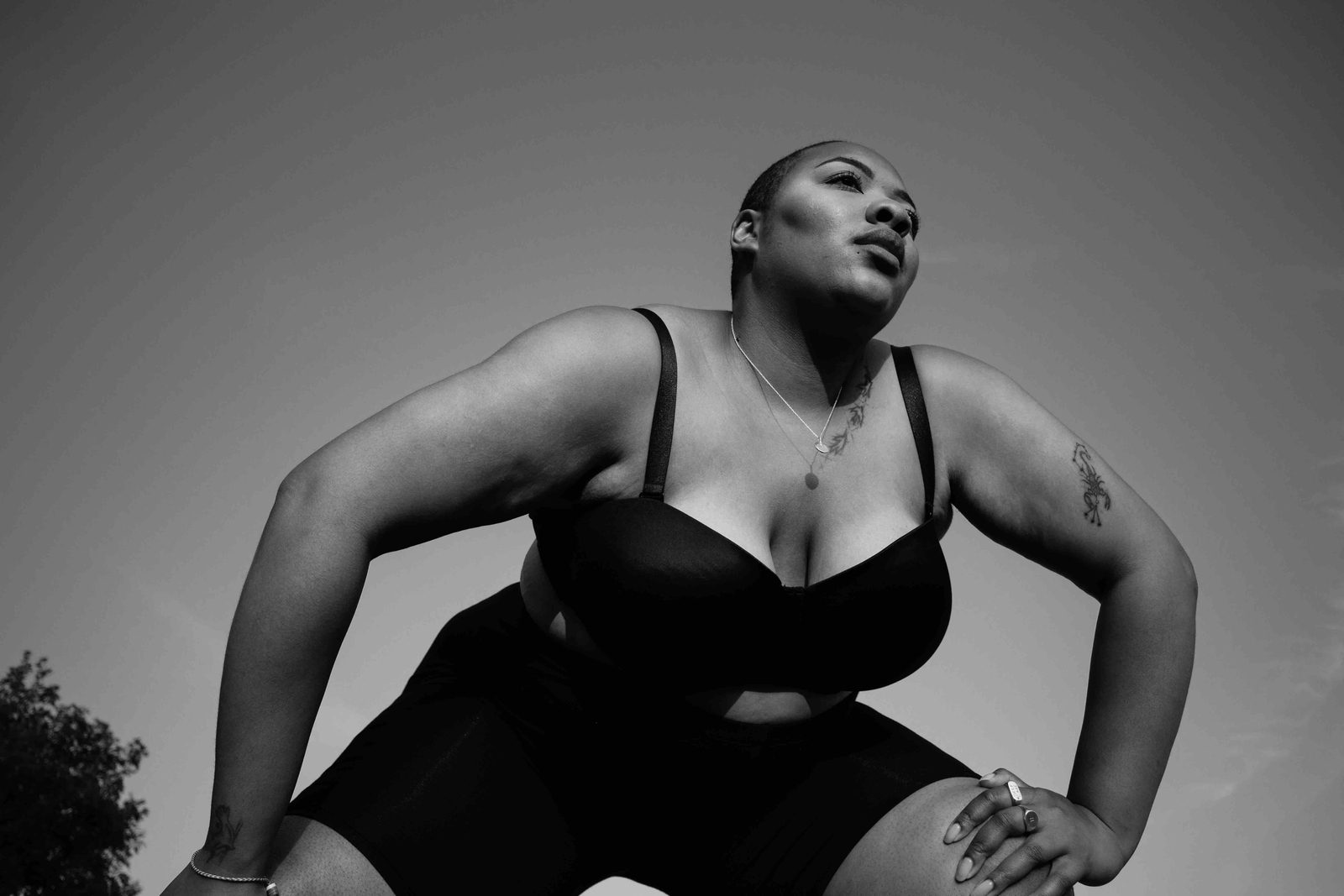

Growing up in Hong Kong, a place where you admit there isn’t much body diversity, how did this affect your perception of beauty and womanhood?
It really made me overly critical of myself and created this deep seated inadequacy that spilled over into almost every other area of my life. It made me obsessed with appealing to other people’s ideal perception of me. This constant need for external validation left me powerless and voiceless.
Can you explain a bit more about the Taking Up Space title, and its double meaning when it comes to metaphorically and then physically, within the camera frame? (Loved this quote from our convo: “I empower the women to take up as much space in the frame as possible – both as women, but also as women whose bodies are marginalised; made to feel ashamed.”
Photography has always been more than just a medium of expression for me. It is a metaphor for life both in the language around it and the integrity of the medium. So much of our deepest fears and anxieties are rooted in the way we choose to speak to ourselves. Creating images that redefine that internal narrative became the This project really allowed me to reframe the way I saw and presented myself and my work. It was a way to create a world that I wanted to be a part of as opposed to what society has dictated.
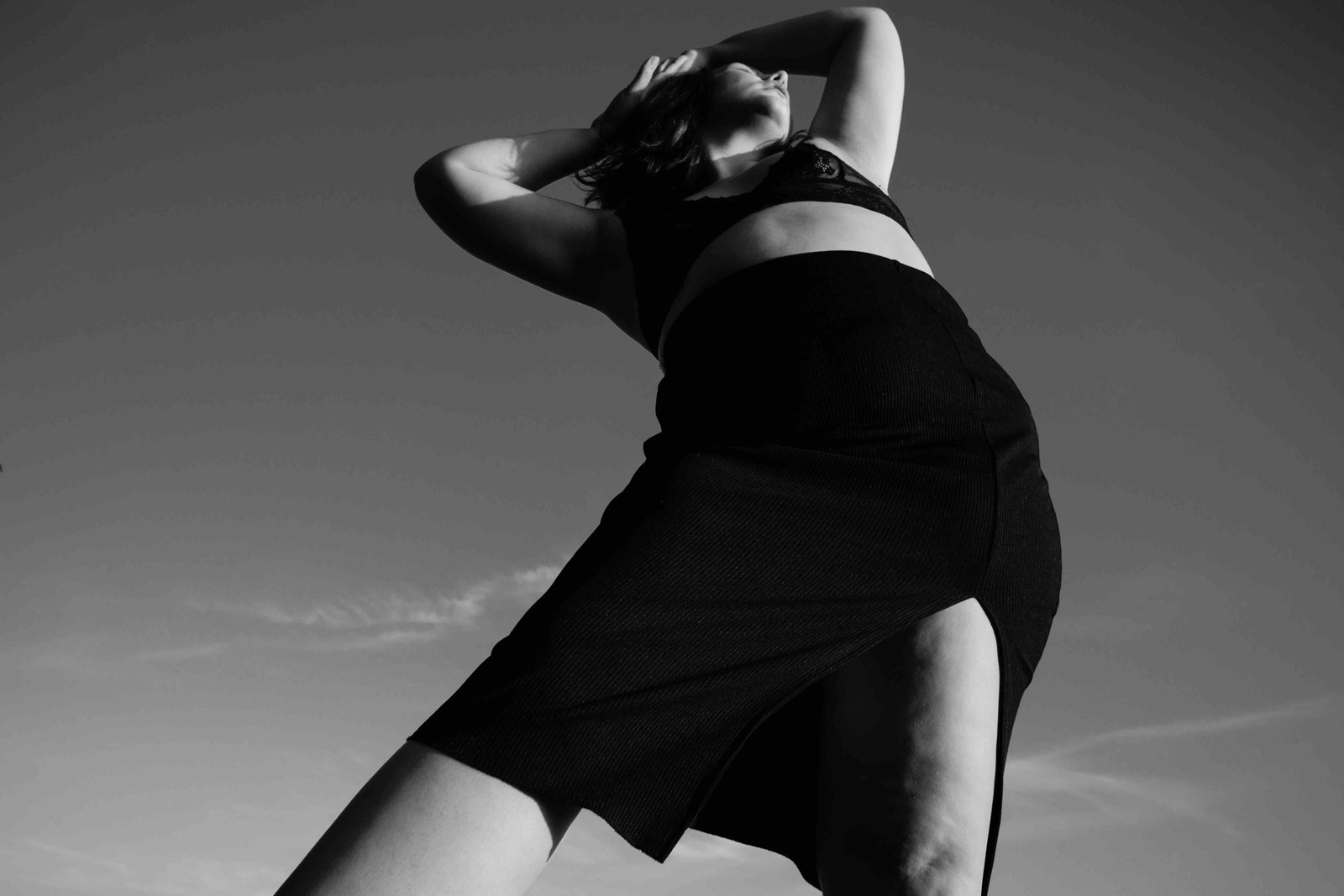
How did you come across Anti-Diet Riot Club? Why is this collaboration important?
I first came across their Instagram page last summer when I was doing the course at LCC. But because our schedules didn’t align at the time, I decided to return to London a year later to see the collaboration through. Their ethos really spoke to me and it was refreshing to find an incredibly strong community of womxn who were all forging their own paths in line with their own truths.
As someone who studied Psychology and Art, how do you believe that these two topics intersect? How did you transform your photography into therapy, and how do you continue to do this with the women you take photos of?
We tend to forget, after we enter the real world, that it’s human nature to be relentlessly curious. The pressures of society has a tendency to socialise us out of our child-like obsessions: we learn to value practicality over creativity; competition over collaboration; money over time; fear over courage. Psychology allows me to continue feeding my fascination with the human psyche; and art helps me to empathise with all kinds of unique life stories while constantly re-shaping my relationship with the Self. Both practices offer a window into the collective human experience and propels me to continue telling stories that transform vulnerability into strength.

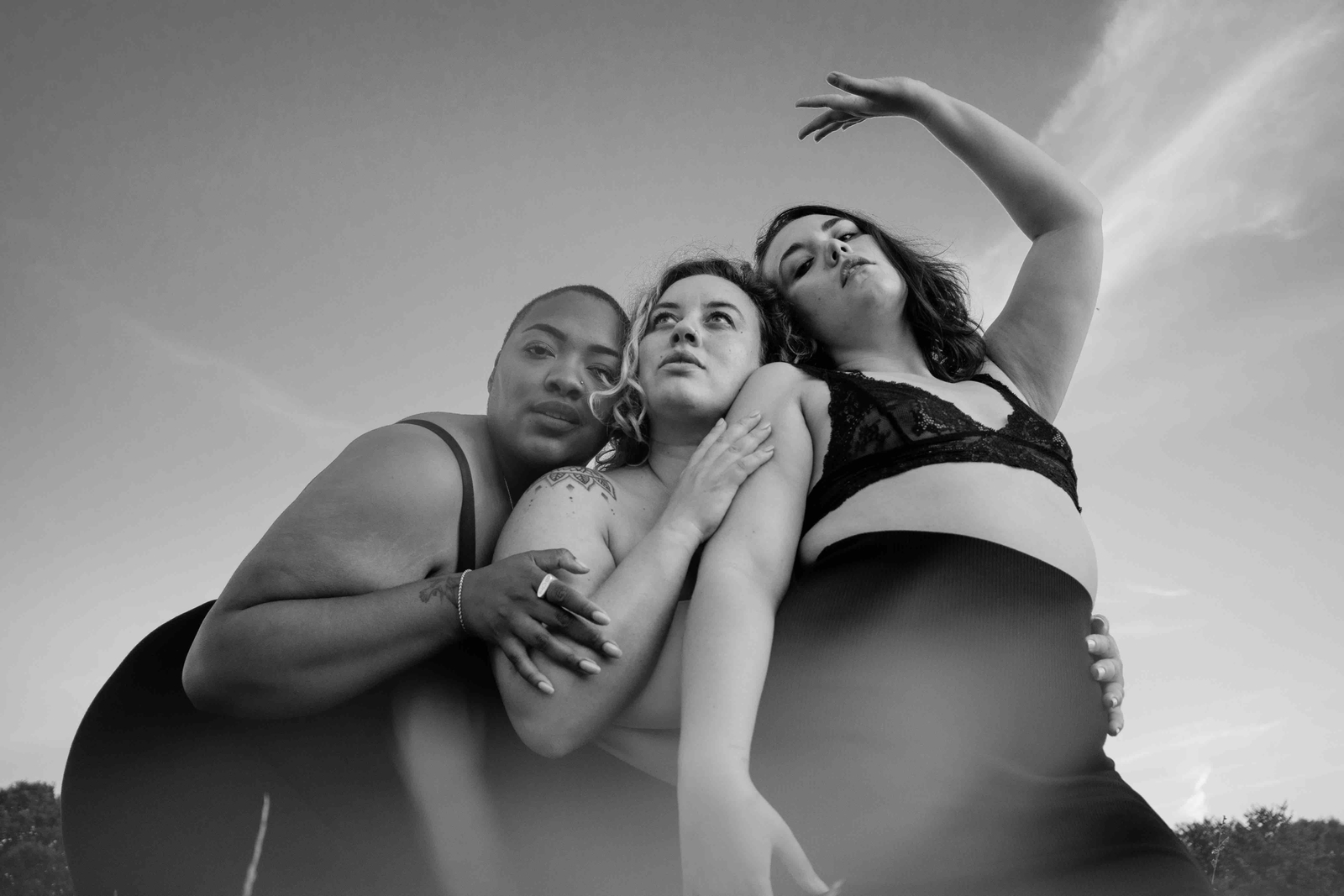
See more of Stephanie’s work on her website.

